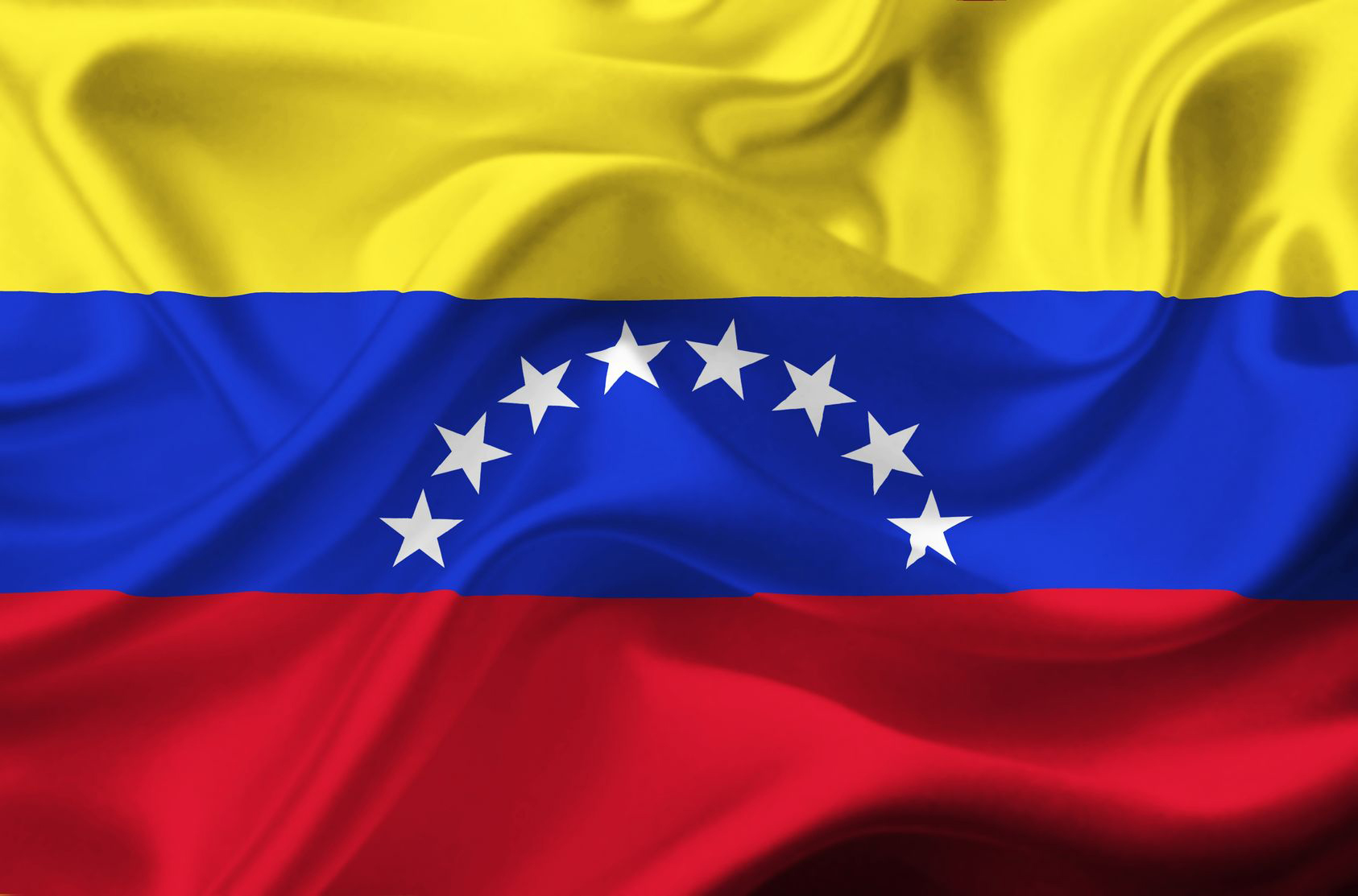There is a solution to Venezuela’s social and economic tragedy: The recall referendum, a constitutionally sanctified mechanism allowing the voters to remove the president. The opposition is trying to force a recall, but autocratic President Nicolas Maduro and the “Chavista” military, which lost the the National Assembly elections in December, won’t allow it because Mr. Maduro would lose.
Instead, they are bent on eliminating all civil resistance and political opposition. The result is a potential humanitarian nightmare for the Western Hemisphere. In one week, 400,000 Venezuelans flocked across the reopened border with Colombia looking for food and medicine; some are even fleeing to Guyana, a very poor country.
The more the country sinks into despair, the worse the repression and militarization. The 14-year sentence for Leopoldo Lopez, a well-known Venezuelan political prisoner who has been severely mistreated at the Ramo Verde prison, has been ratified by a court of appeal even though the prosecutor admitted the evidence was false.
The military, which already controls more than half the ministries, oil giant PDVSA and a bank, now commands the crippled economy. Mr. Maduro has given exceptional powers to General and Defence Minister Vladimir Padrino Lopez, who is in charge of food distribution. The government, which had already reduced the National Assembly’s opposition majority to impotence, has now barred from office every elected official who signed up to recall Mr. Maduro.
All this takes place in the midst of economic disaster. Since the country produces almost nothing, and its once-prosperous oil industry is in a calamitous state, Mr. Maduro has no money for international creditors. So he has slashed imports, including food and other basics, to save foreign reserves. He believes that if the government defaults on its debt the revolution will crumble—hence his willingness to preside over daily scenes of hunger and despair.
The country’s GDP has had 10 consecutive quarters of negative growth. (The annualized rate is now minus 12 per cent.) Investment is down 26 per cent from 2015. Consumption, which had fallen precipitously, is down another 16 per cent this year.
The government, whose expenditure has dropped 50 per cent, cannot mitigate the disaster with oil money because, besides committing much of the reduced revenue to creditors or allies, it has decapitalized the industry. In 2015, oil revenue amounted to 915-billion bolivars ($119-billion); in the first five months of this year, the figure was a paltry 159-billion bolivars. Despite having eight times the reserves of the United States, Venezuela has had to import oil, which is cheaper than refining its own heavy crude.
Letting Venezuelans starve, unleashing a ferocious campaign of intimidation against critics and desperately seeking U.S. dollars are the only responses Mr. Maduro can come up with. (Without public notice, he is now making concessions to mining companies he used to call imperialist sharks in the environmentally sensitive Orinoco Arc.)
The situation has become so dire that 15 governments in the hemisphere—not known for their willingness to incur Mr. Maduro’s wrath—have urged Caracas to hold the recall referendum this year. The secretary-general of the Organization of American States, Luis Almagro, who has taken an admirable lead in calling attention to the absence of the rule of law as well as human-rights abuses in Venezuela, has added his voice to the international outcry.
The opposition coalition, the Democratic Unity Roundtable (MUD), has been urging authorities to begin phase two of the recall process, which requires obtaining about four million signatures, but the National Electoral Council has refused. MUD has called for a gigantic march on Sept. 1 to pressure the authorities. It is seen as the last chance for an exit from the inferno this year. Under the law – an optimistic concept – if the referendum is held this year and Mr. Maduro loses, he would go and new elections would be called. But if it is held next year, Mr. Maduro would merely be replaced by his “Chavista” vice-president, Aristobulo Isturiz, until his mandate finished and new elections would be held in 2018 – an eternity for a country now burying its dead in cardboard coffins.
It is in the interest of everyone in the Western Hemisphere for Venezuelans to force the government to obey its own constitution and hold a referendum this year. The Sept. 1 march could be the beginning of the end of Mr. Maduro’s regime.













